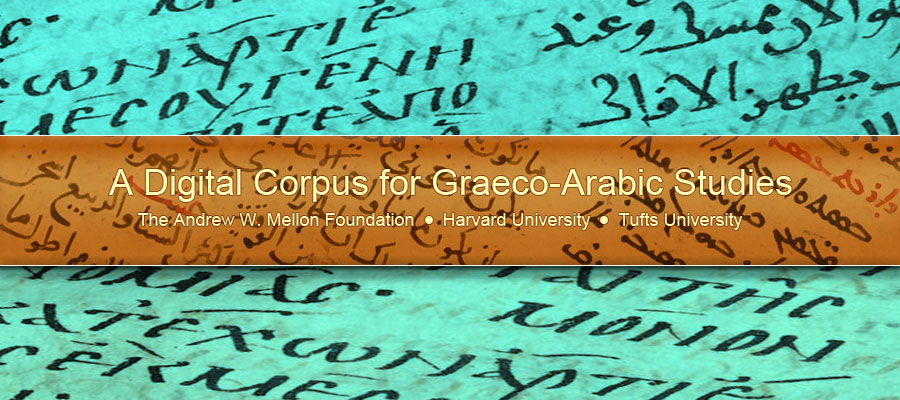Between the 8th and 10th centuries CE, hundreds of Greek philosophical, medical and scientific works were translated into Arabic. These translations helped shape the development of philosophy and science in the Islamic world. Through later Latin translations, they also exerted some influence in the Latin West.
Most importantly, Arabic translations were crucial for preserving, transmitting and extending ancient Greek thought: many Greek texts were lost in the intervening centuries and are now only extant in Arabic translation. The Arabic translators also had access to manuscripts that were often several centuries older and potentially closer to the Greek originals than those available to editors of ancient Greek texts today.
The Arabic translators’ understanding of their Greek sources was informed by their historical, cultural, religious and linguistic background. Their reading of these texts offers a new perspective on the ancient world that has the potential to enhance our own understanding.
The Digital Corpus for Graeco-Arabic Studies assembles a wide range of Greek texts and their Arabic counterparts. It also includes a number of Arabic commentaries and important secondary sources. The texts in the corpus can be consulted individually or side by side with their translation. The majority of texts can also be downloaded for further analysis.
The texts assembled in the corpus cover a wide range of subjects, but as a result of availability and copyright considerations, philosophical and medical works, especially by Aristotle, Galen and Hippocrates, are particularly prominent. The corpus also contains a sizable sample of mathematical texts. Other fields represented by one or more texts are astronomy, biology, zoology and psychology as well as doxography.
The Digital Corpus for Graeco-Arabic Studies is the result of a collaborative project at Harvard and Tufts University, funded by the Andrew W. Mellon Foundation.
Learn More & Explore